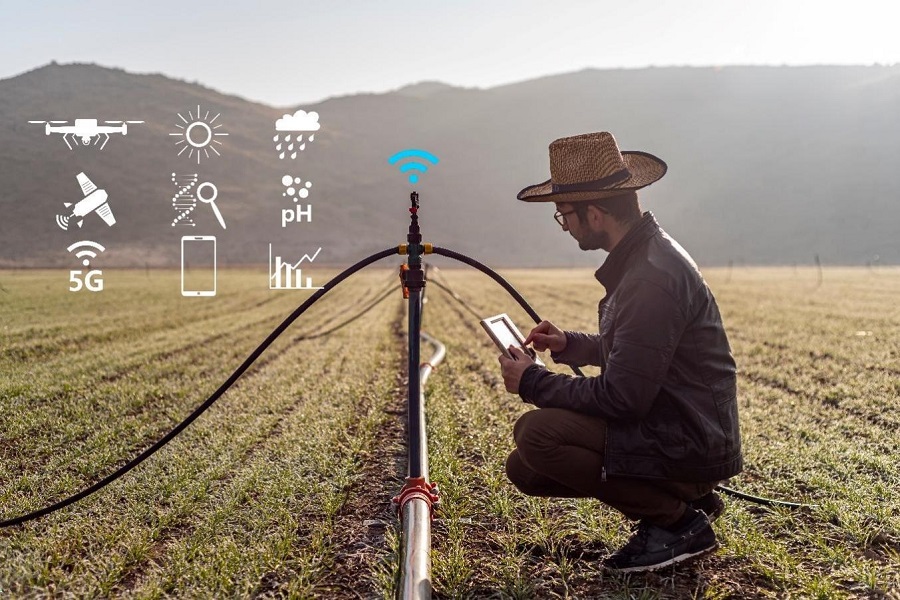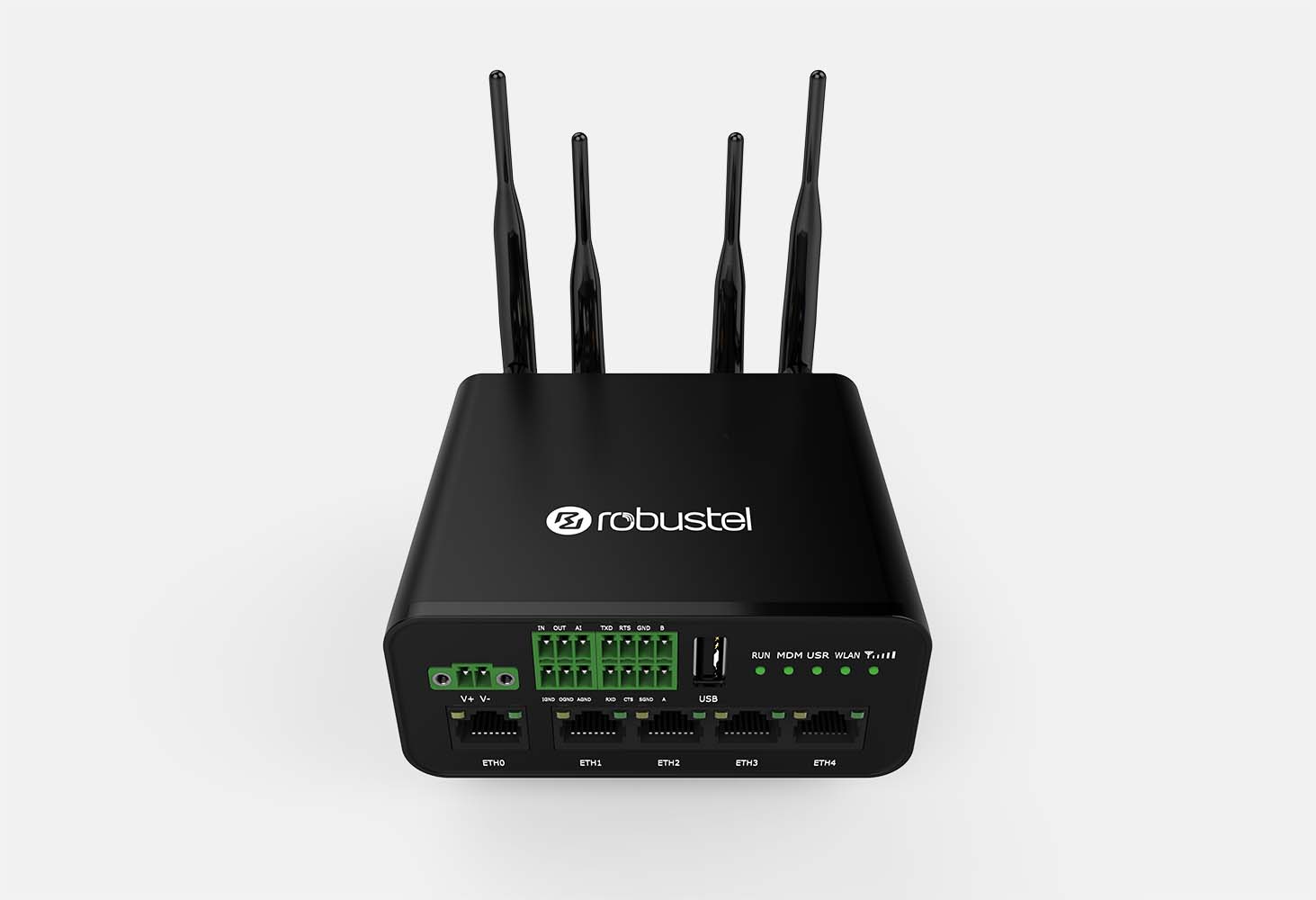The use of information technology has led to improvements in agriculture. Many farmers are seeking smart irrigation solutions to enhance land irrigation management, reduce resource waste, improve the efficiency of farm water usage, and realize information-based agriculture.
Traditional irrigation technology are resource-intensive and can lead to more water waste. To increase irrigation efficiency and fully use the available water resources, smart irrigation is the key solution. This is vital in reducing water usage and promoting water conservation efforts, as it uses a combination of water-saving strategies.
In this post, let’s further discuss how smart irrigation solutions can help maximize water-saving efforts.
How Smart Irrigation Solution Can Help to Maximize Water Saving Efforts?
Smart irrigation solutions can help farmers save water in several ways:
1. Automated Irrigation Scheduling
Smart irrigation controllers adjust watering schedules depending on weather and soil moisture to ensure plants get the proper amount of water without wasting it. Automated irrigation scheduling uses soil and weather sensors to identify the ideal watering time and volume for plant development.
2. Soil Moisture Sensors
Installing soil moisture sensors in the root zone enables precise measurement of the quantity of moisture present in the soil. With the use of this information, one may change watering schedules so as to prevent either overwatering or underwatering the plants.
3. Weather-Based Irrigation
Weather-based irrigation systems collect real-time weather data to adjust watering schedules depending on daily evapotranspiration rates and precipitation.
4. Drip Irrigation
The plant’s root zone receives water directly from drip irrigation systems, which helps reduce the amount of water lost to evaporation and runoff.
5. Water Recycling
Reusing and recycling water for irrigation applications may significantly cut down on the need for fresh water.
6. Smart Water Management
Smart water management systems may reduce water waste and utility expenditures by monitoring water use and detecting leaks.
With smart irrigation solutions, farmers can reduce water waste while maintaining a high-quality and healthy plant.
Robustel’s Solution to Maximize Water-Saving Efforts of the Farmers
The Robustel’s industrial IoT gateway connects to the electromagnetic valve through the DI/DO interface and to the remote data collection terminal (RTU) via RS-485.
The gateway can achieve intelligent control of the electromagnetic valve through event alarms and can establish a connection with the Robustel Cloud Manager Service (RCMS) device management platform through a 4G LTE wireless cellular network.
The platform can receive alarms in real-time, allowing farmers to understand the irrigation situation on their farmland without having to be on site.
Top Key Features of Robustel’s Smart Irrigation Solution:
- Stable connection.Robustel's industrial IoT gateway supports cellular, cable, and Wi-Fi networking with RobustOS connection management function for continuous data transfer in varied networking settings.
- High reliability.The machine adopts an industrial-grade design that has been tested for high/low temperature, vibration, and electromagnetic interference, ensuring stable data transmission in harsh environments.
- Real-time data. Robustel Cloud Manager Service (RCMS) device management platform enables management personnel to easily obtain the location of the device and the current configuration information, and obtain comprehensive on-site information in real-time.


